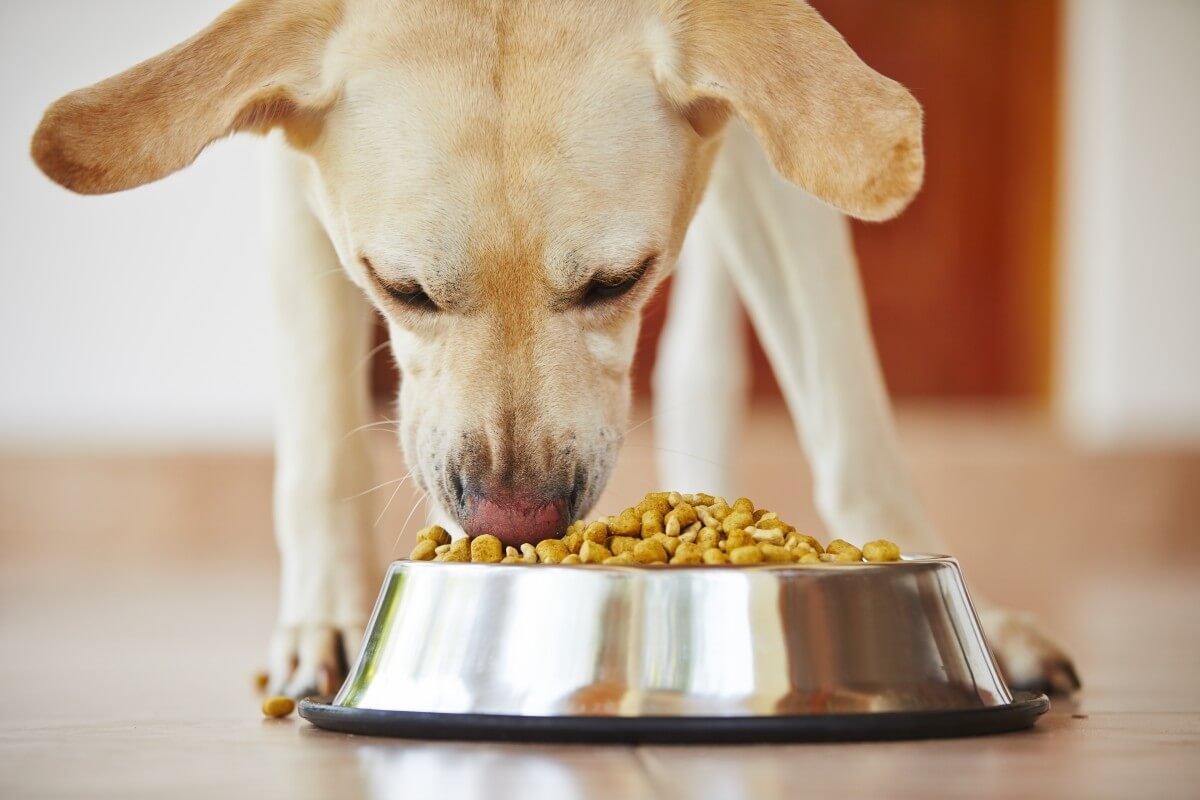Best Grains for Dogs: A Complete Guide to Healthy Canine Nutrition
At dog-breeds.org, we’re passionate about your dog’s well-being — and it all starts with nutrition. While there’s a lot of confusion around grains in a dog’s diet, not all grains are bad. In fact, some are exceptionally good for your dog’s health.
If you’ve ever asked, “What grains are good for dogs?”, you’re in the right place. This guide dives deep into the best grains for dogs, their benefits, and how to make the right choices to support your dog’s long-term health and happiness.
Are Grains Bad for Dogs? The Truth About Grains in Dog Food
Let’s bust a myth: grains aren’t inherently harmful to dogs. The confusion often comes from low-quality, mass-produced pet foods that rely heavily on refined grains like white rice or corn fillers, which are stripped of nutrients and can trigger allergies.
But whole grains — unprocessed, rich in fiber, vitamins, and antioxidants — can offer significant benefits to your dog’s overall health. These grains provide complex carbohydrates, which deliver slow-burning energy and support the immune system, digestive function, brain health, and more.
To learn more about how proper nutrition affects your dog’s health, check out our comprehensive dog nutrition guide.
The Power of Whole Grains in Your Dog’s Diet
Whole grains are simply grains that contain all three parts of the seed: the bran, germ, and endosperm. These components offer a powerhouse of nutrients:
- Bran: High in fiber for gut health.
- Germ: Rich in B vitamins, protein, and fatty acids.
- Endosperm: Contains carbohydrates and essential nutrients.
On the flip side, refined grains have these parts removed, leaving behind empty calories that spike blood sugar and contribute little to no nutritional value.
Including the best grains for dogs in your pet’s meals supports longevity, reduces the risk of disease, and enhances their quality of life.
Top 4 Best Grains for Dogs
Here are the top whole grains that are not only nutrient-dense but also hypoallergenic alternatives to corn and wheat — two of the most common allergens in commercial dog food.
1. Barley
Barley is one of the oldest cultivated grains, revered for its soluble and insoluble fiber. It’s a nutritional goldmine containing:
- Selenium: An antioxidant that supports thyroid health, brain function, and the immune system.
- Copper, manganese, and phosphorus: Essential minerals for bone and joint health.
Barley’s anti-inflammatory properties also make it ideal for dogs with arthritis or skin issues.
2. Brown Rice
Unlike white rice, brown rice retains the entire grain, making it richer in protein and essential nutrients like:
- Manganese, selenium, and magnesium
- Dietary fiber for digestive health
It’s easy to digest and rarely causes allergies, making it a safe staple for many dog diets.
3. Oats
Oats are an excellent source of:
- Beta-glucan: A unique fiber that supports heart health, regulates blood sugar, and boosts immune response
- Vitamins B1, E, and essential minerals like iron, zinc, and magnesium
Dogs with itchy or inflamed skin can benefit from the anti-itching and soothing effects of oats, which is why you’ll also find it in many dog shampoos and skin treatments.
4. Sorghum
A gluten-free grain, sorghum is high in:
- Antioxidants like flavonoids and phenolic acids
- Plant-based protein
- B vitamins (especially B1 and B6)
- Iron, copper, potassium, and zinc
Its low glycemic index makes it ideal for dogs with blood sugar sensitivities or diabetes.
What About Grain Allergies in Dogs?
Grain allergies are often associated with wheat and corn, not with healthier alternatives like oats, barley, or sorghum. If your dog has signs like:
- Itchy skin
- Ear infections
- Dull coat or excessive shedding
- Digestive issues
…it might be time to switch to grain-inclusive but allergy-friendly options.
We recommend reading our guide on food allergies in dogs to learn how to detect and manage dietary sensitivities.
The Unsung Heroes: Pseudograins for Dogs
Some of the best additions to your dog’s diet aren’t even true grains — they’re pseudograins. These seeds behave like grains and offer incredible nutritional diversity.
✅ Quinoa
A complete protein, quinoa contains all nine essential amino acids — rare in plant-based foods. It’s also packed with:
- Vitamins B & E
- Folic acid
- Iron, potassium, and magnesium
✅ Buckwheat
Despite its name, buckwheat has no relation to wheat and is safe for dogs with grain allergies. It’s rich in:
- Antioxidants (especially rutin)
- Magnesium and zinc
- Slow-release carbs for steady energy
✅ Amaranth
Once a staple of the Aztec diet, this tiny grain is rich in:
- Protein, fiber
- Calcium, iron, and phosphorus
- Lysine, a crucial amino acid for tissue repair
✅ Teff
Originating in Ethiopia, teff is loaded with:
- Calcium, iron, and fiber
- Lysine, supporting collagen production and skin health
These grain alternatives are especially great for dogs with gluten sensitivity or on a limited-ingredient diet.
Choosing the Right Grain for Your Dog: What to Consider
When selecting grains, consider your dog’s:
- Age and breed
- Activity level
- Allergies or sensitivities
- Weight and digestive health
Avoid dog foods that list corn, soy, or wheat as the first ingredient. Instead, look for labels that include whole grains like oats, barley, or sorghum early on in the ingredient list.
Want personalized grain-based meal plans for your pup? Explore our dog feeding and diet service for tailored, vet-reviewed recommendations.
Final Thoughts: Best Grains for Dogs Equal Better Health
Grains — when chosen wisely — are an essential part of a balanced canine diet. They provide energy, aid digestion, support organ health, and even improve your dog’s coat and skin. By choosing the best grains for dogs, you’re investing in their longevity and happiness.
Don’t fall for the grain-free fad unless it’s medically necessary. Instead, educate yourself on quality nutrition, and always choose whole grains over refined.
At dog-breeds.org, we’re committed to helping you raise healthier, happier dogs with trusted tips, expert-backed resources, and custom nutrition services.
- Standard Poodle Dog Breed: The Elegant Athlete of the Canine World - July 28, 2025
- Golden Retriever: The Ultimate Guide to a Beloved Canine Companion - July 22, 2025
- How Big Can Maine Coon Cats Get? - July 22, 2025

